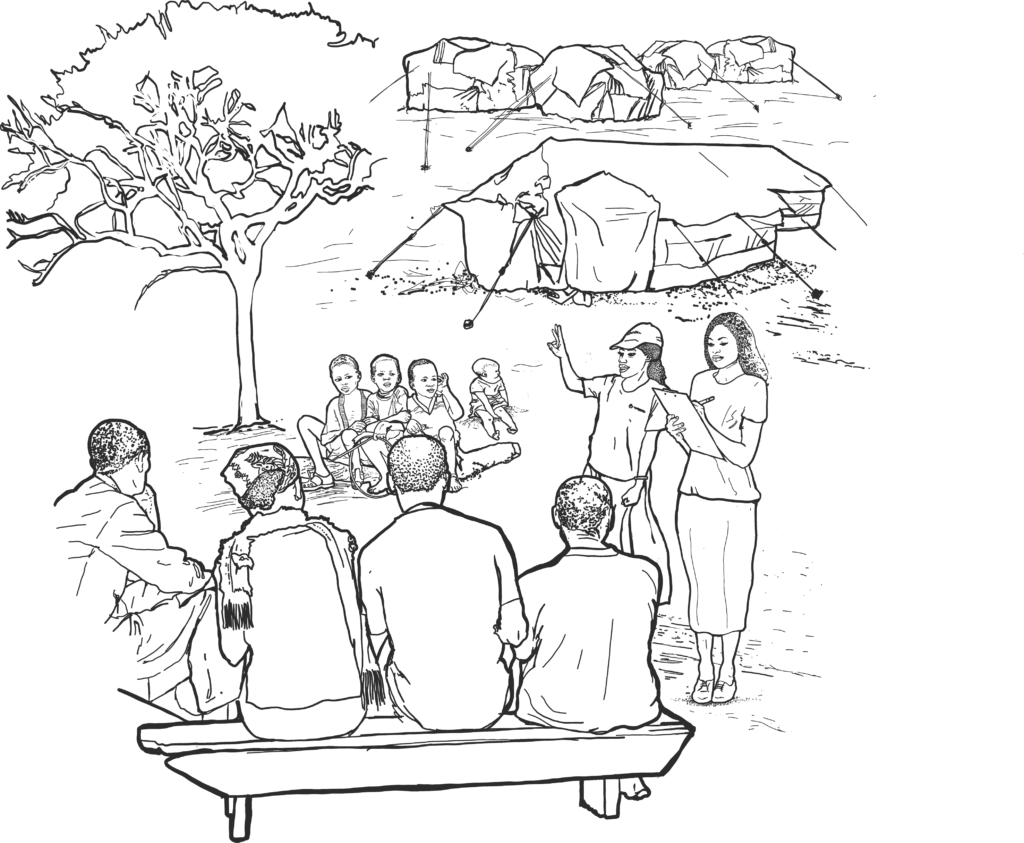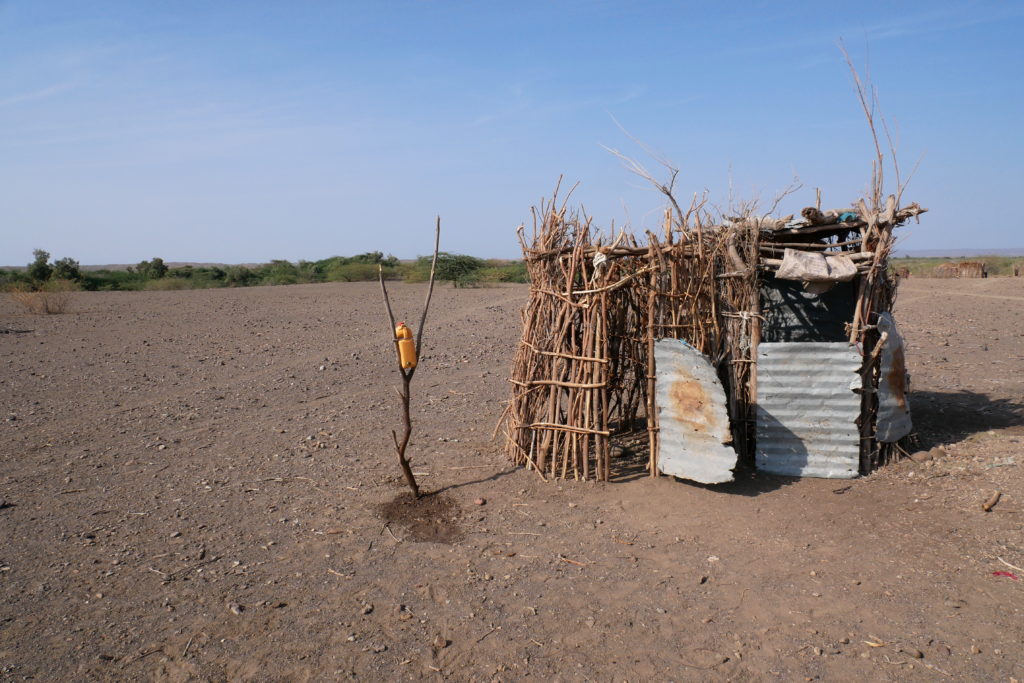Traditional sanitation and hygiene programming is not working for some people. We often refer to these groups as the ‘hardest to reach’ or those in ‘difficult contexts’. But there is little practical guidance on what to do differently to reach these people.
Since 2020, we have been working with UNICEF and WaterAid to produce evidence on what works in these challenging contexts where standard approaches have failed, which had been identified as a gap in previous area-wide guidance.
This work has two principal objectives:
- To develop practical guidance on rural sanitation programming in challenging contexts.
- To raise awareness of challenging contexts as an important consideration for planning.
During the initial stage, we commissioned a literature review to understand what was already documented on this topic. This highlighted an overall lack of evidence on the wide range of issues facing groups but did identify signs of localised innovations with useful lessons for other areas.
The literature review highlighted that people in these contexts usually experience one or more of the following:
- Poverty and social marginalisation
Particular individuals, households or whole communities who are excluded – consciously and unconsciously. This could be due to gender, age, caste, class, sexuality, disability, ethnicity, religion or other factors. - Entrenched attitudes and social norms
These can limit or prevent toilet use and handwashing practices for individuals or groups. - Lifestyle/livelihoods
Coverage and use are challenging where people move around. This includes communities where temporary workers and seasonal migrants go to and come from, as well as nomadic/semi-nomadic communities. - Tough physical environments
People in areas with difficult terrains, facing environmental change, or far from resources such as clean water or sustainable building materials. - Fragile contexts
Insecurity and conflict can reduce accessibility for programme staff and lead to destruction of property (including toilets). Displaced people and fluctuating populations can also be challenging, while post-emergency interventions can undermine each other when uncoordinated and weak or unstable government makes sustainability difficult.
Given the lack of documented evidence on what works, we are working with a number of organisations who are writing up case studies of their successes of working in challenging contexts.
We have also held workshops in Cambodia and Ethiopia to explore specific challenges and solutions with partners in these countries and identify actions to start addressing these.
The case studies and findings from workshops are feeding into an overarching guidance document that we hope will help development partners and governments improve their programmes operating in challenging contexts.
To help raise awareness of this topic and build the picture of challenging contexts, we have also worked with ten practitioners to share their stories of working in tough physical environments and with groups whose lifestyles and livelihoods make sanitation access more challenging.
In 2024, we are building on this work with a new project focusing on rural sanitation in fragile contexts in Nigeria, in Benue State.







